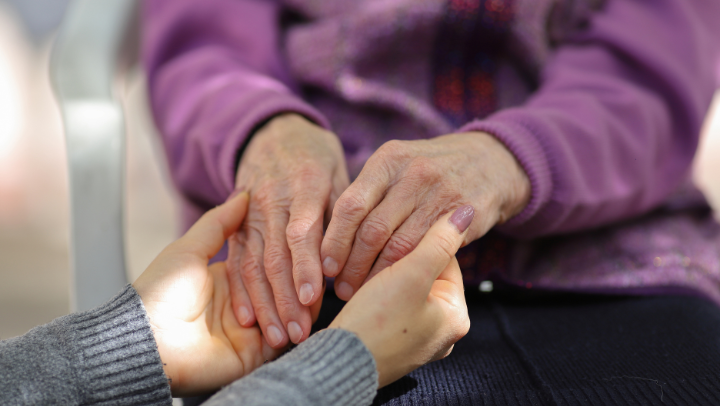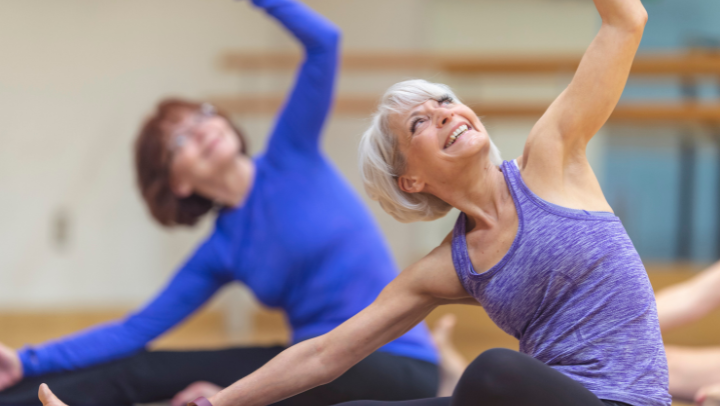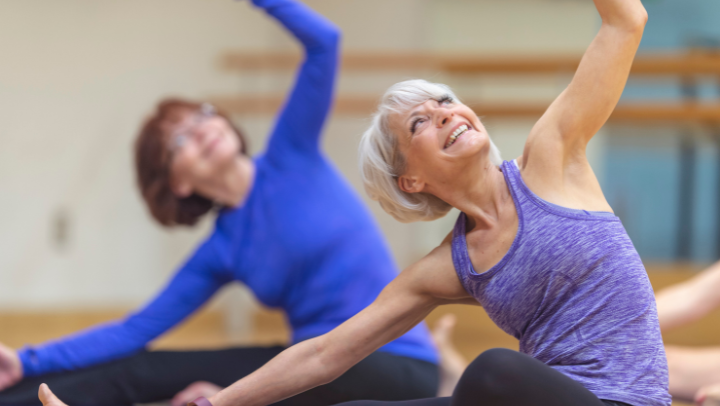
Senior Health: Unlock Wellness with Tech!
Technology offers genuine support for your health and well-being as you age. Each tool we’ve explored gives you practical ways to stay active, eat well, monitor your heart and sleep better. Step counters encourage movement without complexity, nutrition apps simplify meal planning, heart monitors provide reassurance through regular tracking and sleep trackers help you understand your rest patterns.
Your health journey becomes more manageable with the right support and a strong community, such as 24/7 Assisted Living in Tacoma, WA. Digital tools aren’t meant to replace the human connections that matter most to you. Instead, they’re designed to help you maintain your independence and vitality so you can focus on what brings you purpose, spend time with loved ones and enjoy each day to the fullest.
1. Move More with Smart Step Counters and Fitness Trackers
Simple step counters can spark more movement in your daily routine. These small devices have grown popular among seniors who want to take care of their health and independence.
Wearing a pedometer can significantly increase your daily movement. Older adults who used pedometers increased their daily steps by around 20% over just four weeks. This increase in activity led to measurable improvements in functional abilities.
Choosing the right wearable for your lifestyle
Finding the right activity tracker doesn’t have to be complicated. Consider these key factors:
Comfort: Clip-on pedometers attach to your waistband or pocket and focus solely on counting steps. Wrist-worn trackers offer additional features and may be easier to remember to wear. Choose something comfortable enough for all-day wear.
Display and usability: Look for devices with large, clear displays if you have vision concerns. Many seniors prefer pedometers with simple interfaces and fewer features over complicated smartwatches .
Battery life: Basic pedometers can last up to a year on a single battery, while advanced trackers may need charging every few days . Consider how often you want to charge your device.
Accuracy: Not all devices track with the same precision, especially for slower walking speeds, which is common among seniors. Wrist-worn devices may undercount steps during lower-intensity activities.
The best device is one you’ll actually use consistently. Many seniors report that their activity trackers help them stay motivated and active for years to come.
2. Nourish Your Body with Helpful Nutrition and Meal Planning Apps
Good nutrition becomes more important with each passing year. Thankfully, nutrition and meal-planning apps can help you keep track of what you eat and drink, ensuring you get the nutrients your body needs.
Making meal and hydration tracking simple
Nutrition tracking apps have grown into helpful, easy-to-use tools that can change how you manage your daily meals. These digital helpers offer simple ways to monitor what you eat, whether you want to manage weight, cut back on sugar or stay better hydrated.
Staying hydrated deserves extra attention as we get older. Our sense of thirst naturally decreases with age, making it easier to become dehydrated. Fit Apps usually send gentle reminders based on your height, weight and activity level, helping you maintain proper hydration throughout your day.
Finding recipes that work for you
Beyond tracking, many nutrition apps now offer access to thousands of recipes designed for different dietary needs. Allrecipes provides an extensive collection you can search by dish or ingredient, plus an air fryer section perfect for easier cooking. Creating a free account lets you save favorite recipes and create shopping lists automatically.
Epicurious offers complete menus for special occasions or everyday meals, along with expert tips and helpful videos. If you enjoy cooking shows, the Food Network app connects you with celebrity chef recipes and cooking classes you can watch anytime.
3. Keep Your Heart in Check with Health Monitoring Devices
Your heart health matters deeply and today’s smart devices make monitoring it simpler than ever before. These caring companions can track cardiac metrics, giving you insights that were once only available during medical visits.
Heart rate and blood pressure tracking
Heart rate monitors work through two primary methods. Electrical detection devices, like chest bands, track the heart’s electrical impulses directly. Optical detection devices use infrared light to monitor the expansion of blood vessels as your heart pumps.
Blood pressure monitoring at home has become wonderfully accessible. When measuring your blood pressure, sit quietly for five minutes beforehand with your back supported and feet flat on the floor.
4. Rest Well with Smart Sleep Trackers
Quality sleep matters more as we age, yet many of us struggle to get the rest we need. Sleep tracking technology offers practical insights into your nighttime patterns, helping you improve those precious hours of rest your body needs.
Choose the right tracker for your comfort level. Options include finger rings, wristbands, under-mattress sensors or headbands. Rings and mattress sensors tend to feel less intrusive for seniors who find wristbands uncomfortable during sleep.
Consider white noise or “pink noise” functions. Sounds resembling rainfall can significantly enhance deep sleep in older adults.
Establish consistent routines. Program your devices to dim lights gradually in the evening and set regular sleep-wake schedules, even on weekends. This helps strengthen your circadian rhythm, which naturally weakens with age.
Simple Tech, Big Wellness Impact
These devices work best when they fit naturally into your daily routine. You don’t need to be tech-savvy to benefit from these wellness tools; you should just be open to trying something that can make a real difference in how you feel each day.
If you’re looking for a place that values both modern wellness tools and personalized care, call (253) 474-1741 and schedule a tour of People’s Senior Living. Their team can show you how these technologies work alongside daily life in meaningful ways.
Small steps you take today with these wellness tools can lead to better health and more cherished moments tomorrow.
FAQs
Q1. How can seniors easily incorporate technology into their wellness routine?
Start with user-friendly devices like step counters or simple nutrition apps. These digital tools are designed with seniors in mind, featuring large displays and straightforward interfaces. Gradually introduce new technologies and focus on those that align with your health goals.
Q2. How can you promote wellness in older adults using technology?
Encourage physical activity with fitness trackers, use nutrition apps for healthy eating, monitor heart health with smart devices and improve sleep quality with sleep trackers. These technologies can help seniors stay active, eat better and maintain overall health.
Q3. How can wearable technology improve senior health?
Wearable devices can motivate seniors to move more, assist with healthy eating through meal planning apps, monitor heart health, optimize workouts and support healthy sleep habits. These tools provide valuable data and insights to help seniors make informed decisions about their health.








